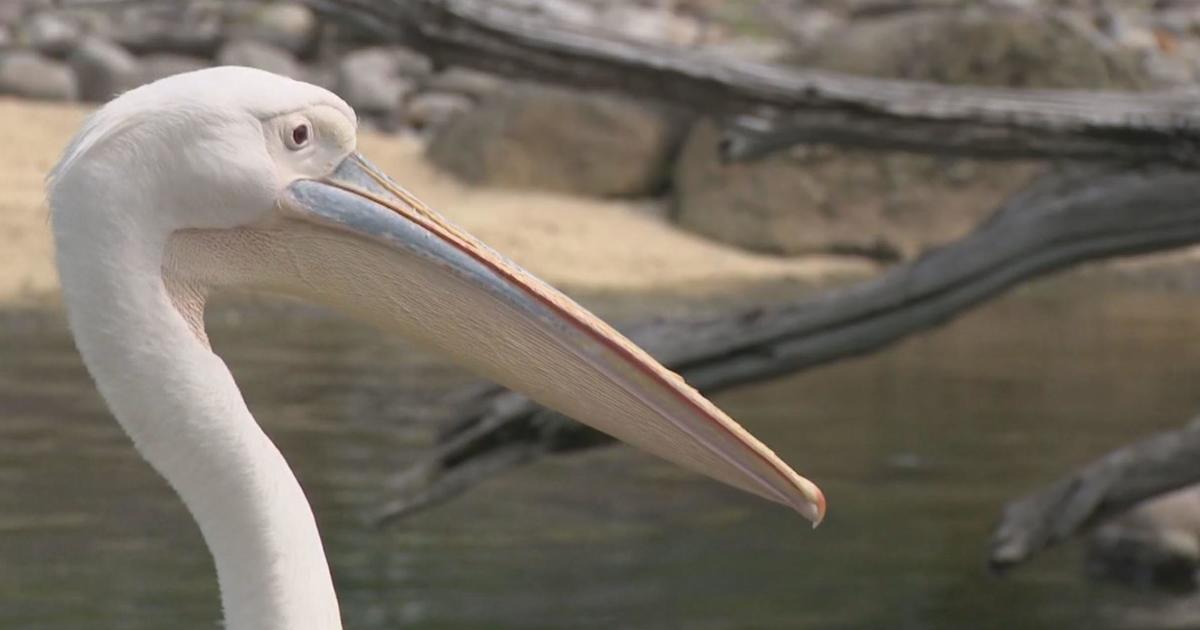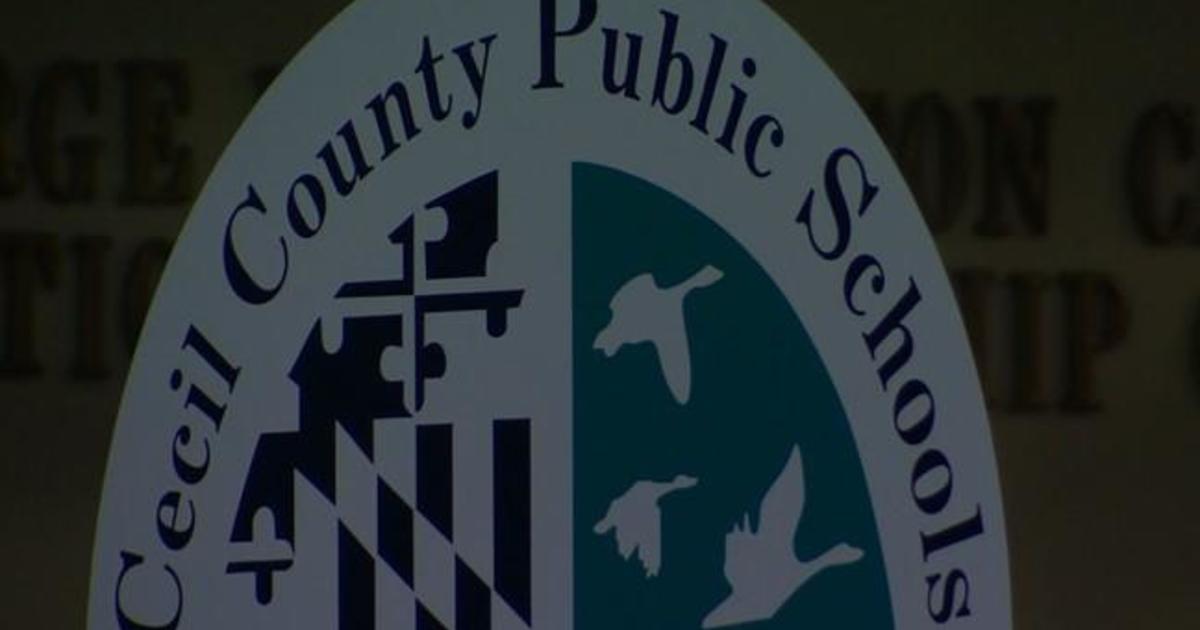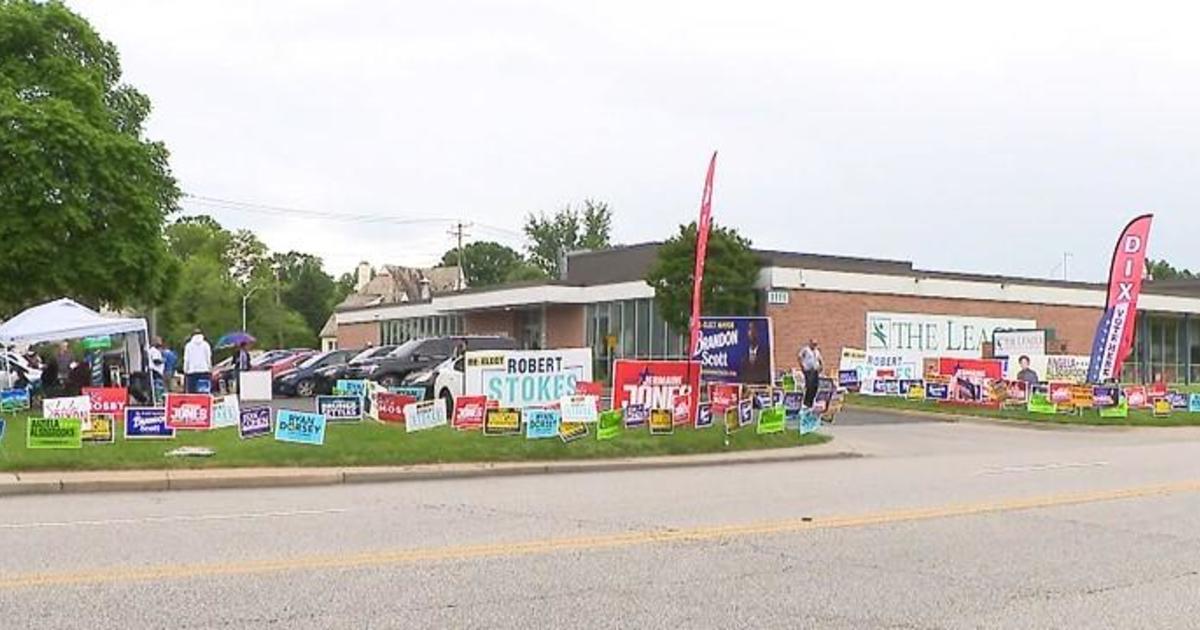What Could Climate Change Mean For Baltimore And Maryland?
BALTIMORE (WJZ) -- You can already see what climate change looks like in Maryland, from catastrophic flooding in Ellicott City to the tornado that recently tore through Anne Arundel County.
So far in 2021, we've seen a total of 52 days with temperatures 90 degrees or higher in the Baltimore area. By 2080, scientists say, the weather here in Baltimore will feel more like that of Mississippi.
"Climate change is real," Dr. Peter Goodwin, president of the University of Maryland Center for Environmental Science, told WJZ. "It's happening and it's human induced."
While it might be easy to confuse climate with weather, Dr. Goodwin has a useful analogy that can help you tell them apart. He said it can be made simple by imaging your closet.
"What you actually wear on a particular day, that's the weather you experience, whereas your closet is an analogy for climate as a whole," Goodwin explained.
Climate change is caused by the emission of heat-trapping gases, more commonly known as greenhouse gases, which are made up primarily of carbon dioxide and methane.
"We generate carbon dioxide and methane from energy production, particularly coal-fired powerplants," Goodwin said.
As the presence of greenhouse gases grows, it produces a warming effect that melts our planet's glaciers and ice sheets, which in turn results in sea-level rise.
Here in Maryland, the water surface of the Chesapeake Bay is rising at double the rate seen around most of the United States. So, low-lying coastal regions are in jeopardy of totally disappearing.
The water level of the Chesapeake Bay is predicted to rise two feet by 2050, according to scientists, who say it could rise as much as six feet by the end of the century if no action is taken.
The global average temperature has risen sharply since 1980. If the earth warms by another 1.5 degrees Celsius, or 2.3 degrees Fahrenheit, experts predict the consequences will be devastating.
"Heat waves, tornadoes, catastrophic flooding," Dr. Goodwin said. "Extraordinary storms that had never been experienced."
So, how could that impact you?
Well, for one, when extreme droughts or floods affect agriculture, it means there is less food available. With dwindling supply comes rising demand, so you'll pay more for food as prices go up.
Taking things a step further, hunger and food insecurity can lead to conflict and social unrest. So in a nutshell, climate change can have an influence over all of our lives.
World leaders are gathering this week in Scotland for "COP26," a conference on climate change. The conference comes as scientists warn the world has less than a decade to solve its climate crisis.
"It is dire," Goodwin said. "And we really need to be thinking about our children and our children's children. What kind of planet do we want them to be living in?"
To learn more about climate change and how you can do your part, visit the University of Maryland Center for Environmental Science's website.



